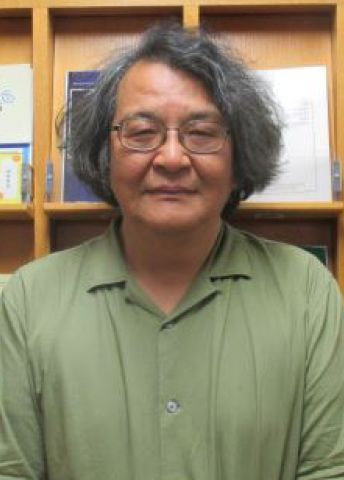
Program for mathematics 2020
Visting Professor
Masatoshi Noumi
Professor at Kobe University, Japan
Nominated by:
KTH Royal Institute of Technology
Visting Professor
Masatoshi Noumi
Professor at Kobe University, Japan
Nominated by:
KTH Royal Institute of Technology
New mathematics for quantum mechanical models
Masatoshi Noumi is a professor at Kobe University, Japan. Thanks to a grant from Knut and Alice Wallenberg Foundation, he will be a visiting professor at the Department of Mathematics, KTH Royal Institute of Technology, Stockholm.
Mathematical models for describing and predicting phenomena observed in the world around us are a common tool in theoretical physics. In the best of worlds, a model is confirmed by observations and experiments. For example, this is what happened at the end of the 17th century, when observed planetary movements could be explained using Newton’s theory of gravity.
However, it is very rare for a mathematical model of a physical system to provide an accurate description of how that system works. Therefore, at the end of the last century, it was a complete surprise that there are exactly solvable models for specific quantum physical particle systems. These models, called Calogero-Moser-Sutherland, or CMS models, have given rise to intense development, not only in theoretical physics but also in some areas of mathematics.
In the proposed project, the prominent mathematician from Japan will team up with a mathematical physicist and a mathematician in Sweden, to work on a problem in this research area that has been unsolved for several decades. The problem concerns the most complicated member of the CMS family, the Ruijsenaar model, which was presented as a relativistic variant of CMS models in 1987. Shortly thereafter, exact solutions for some special cases were discovered with the help of Macdonald polynomials.
However, despite great efforts, no exact solutions for the elliptical case have yet been found. The plan is to find special functions with the necessary properties for making the elliptical Ruijsenaar model exactly solvable. It is reasonable to believe that these new special functions will lead to developments in mathematics and theoretical physics, similarly to the way that Macdonald polynomials have been contributing to for more than thirty years.